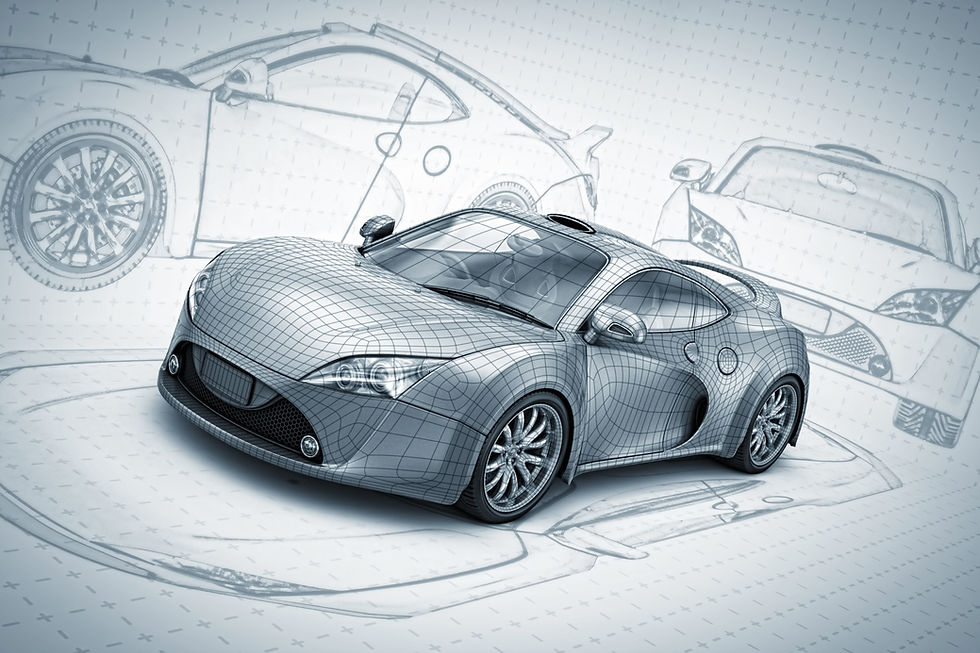The Future of Automotive Powertrains - EUROPE
- Tamas Rozsa
- Mar 25, 2018
- 2 min read
Updated: Jun 12, 2019
In light of Diesel scandals

Management Summary
The global vehicle sales trend show an overall positive picture, according to Top Tier Consultants research: 93m units were sold in 2017, and 100m is forecasted for 2020. Since the 2008/09 Great Recession, Europe has become a net exporter of 2.5 m vehicles, which we think is sustainable for the medium-term future. Within Europe, vehicle production is also shifting from Western Europe to Central and Eastern Europe. The CEE region can only become beneficiary of growth if production efficiency increases in the entire Automotive sector, including suppliers. Labor costs are on a steep rise (over 81% in 10 years) and by 2018 unemployment rate is so low, free labor force is no longer available to support growth at historic efficiency levels.
The EU-based OEMs have heavily invested in Diesel manufacturing capabilities in Europe in the past 10 years, since EU legislation treated Diesel powertrains preferentially due to lower CO2 emissions. Diesel fuel represented still close to 50% of EU28 sales in 2017.
Electrification needs of OEM’s were examined by Top Tier Consultants in light of the ongoing Diesel emission sandals, since most major OEMs are accused of emission cheating. Accusations were is a natural consequence of how much these OEMs’ Diesel NOx emission levels are over the legal limit in real driving conditions.
We developed three scenarios in order to forecast the mix of powertrains in the future:
1. Enforcement of toxic emission- and Greenhouse Gas emission legislation
2. Ending preferential tax treatment of Diesel
3. Diesel ban in cities
In summary if current legislative toxic emission intent is enforced in the EU, then our projection is that BEV/ PHEV sales will just overtake that of Diesels in 2030 in Europe, at a yearly production level of ~7m CBU, but EV sales will not reach the sales levels of gasoline powered vehicles. This is our most likely scenario. In case Diesel tax incentives in Europe end, this will have a further impact lowering Diesel sales and increasing electric vehicle penetration, but it would also raise the level of gasoline powered vehicle production in Europe. Electric vehicle sales will face high growth from current low base, but we expect substantial mass production to take off only in 5-10 years timeframe, not sooner, says Tamas Rozsa of Top Tier Consultants.
The full study is available upon request







Comments